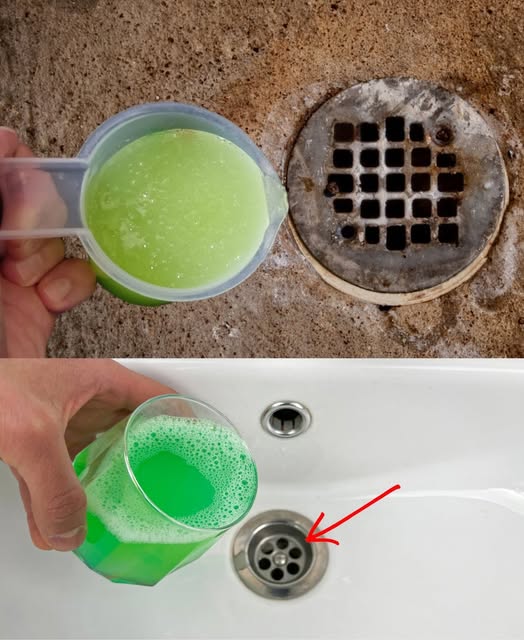ADVERTISEMENT
2. Remove the Drain Cover (if necessary)
Some shower drains have a cover or grate over the drain that can trap debris. Use a screwdriver to remove the cover and give yourself easy access to the drain. This will also allow you to visually inspect the drain and remove any hair or larger debris manually before proceeding with further cleaning.
3. Remove Visible Debris
Use your hands (wear gloves!) or a small tool to remove any visible hair, soap scum, or other debris from the drain. This simple step can often provide an immediate improvement in water flow. If the debris is stuck further down, try using tweezers or a drain claw to extract it.
4. Use a Plunger
A plunger can be highly effective for dislodging minor clogs. Make sure the drain opening is covered and that there is enough water in the shower to submerge the plunger. Place the plunger over the drain, ensuring a good seal, and push up and down vigorously several times. Afterward, lift the plunger and see if the water begins to drain more quickly. If so, you may have successfully loosened the clog.
5. Try a Drain Snake
If plunging doesn’t do the trick, a drain snake (also known as a plumbing auger) can help clear more stubborn blockages. Insert the end of the snake into the drain and gently twist it while pushing it further down. As you twist, the snake should catch on the debris blocking the pipe, allowing you to pull it out. You may need to repeat this a few times to clear the drain completely.
If you don’t have a drain snake, you can fashion a simple version using a bent wire coat hanger. Straighten the hanger, then bend one end into a small hook. Use this homemade tool to fish out any debris that is clogging the drain.
6. Use Baking Soda and Vinegar (Natural Cleaning Method)
For a more eco-friendly approach, try using baking soda and vinegar to break down buildup in the drain. Pour about 1/2 cup of baking soda down the drain, followed by 1/2 cup of vinegar. Allow the mixture to fizz and sit for about 10-15 minutes to break down soap scum, oils, and other residues. After the waiting period, rinse the drain with hot water for about 30 seconds to flush away the debris.
This method works well for maintaining a clean drain and preventing clogs from building up again in the future.
7. Rinse with Hot Water
After using any of the above methods, it’s essential to rinse the drain with hot water. Boil a kettle or use the hottest tap water available and pour it down the drain. This will help clear away any remaining debris and residues, and it can also help remove mineral deposits from hard water, which can sometimes contribute to clogs.
8. Prevent Future Clogs
To prevent future clogs, consider the following tips:
- Install a drain strainer: This will catch hair, soap, and other debris before it has a chance to go down the drain.
- Clean the drain regularly: Make it a habit to clean your shower drain at least once a month to prevent the buildup of soap scum, hair, and other debris.
- Use natural drain cleaners: Once every couple of months, treat your drain to a natural cleaner made of baking soda and vinegar to keep it fresh and clear.
When to Call a Professional
While most clogs can be cleared using the methods above, there are times when you may need to call a professional plumber:
- If the clog is particularly stubborn and no amount of plunging, snaking, or natural cleaning helps.
- If you notice recurring clogs in multiple drains in your home, as this could indicate a deeper issue in your plumbing system.
- If water is backing up into other areas of your home or flooding your bathroom.
A plumber can use specialized tools like a hydro jetter or video inspection to get to the root of the problem and clear the pipes effectively.
Conclusion
Dealing with a clogged shower drain doesn’t have to be a major headache. With a few simple tools and techniques, you can usually fix the problem yourself. Start by removing visible debris, then try plunging or using a drain snake to clear the blockage. If those don’t work, natural remedies like baking soda and vinegar can help break down the buildup. Regular maintenance is key to keeping your drains flowing smoothly and avoiding future clogs. However, don’t hesitate to call in a professional if the problem persists or if you’re facing a larger plumbing issue.
With the right approach, you’ll have your shower drain cleaned and working perfectly in no time!
ADVERTISEMENT
